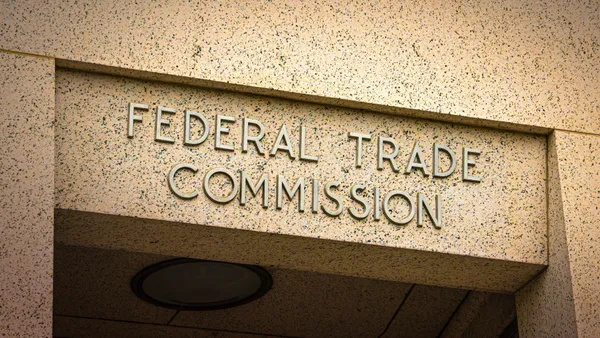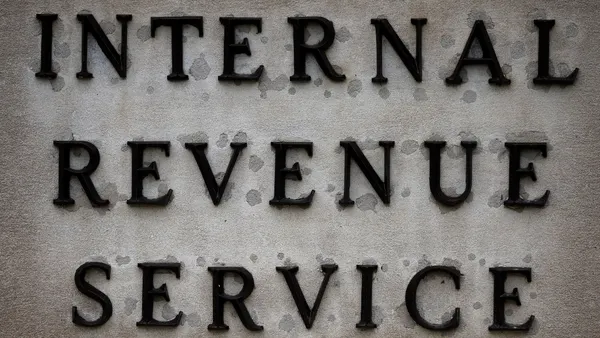Just under one in 10 (9.93%) of the New Jersey Society of Certified Public Accountants members said they see a “noticeably higher preparedness level” in staff with accounting degrees who have completed 150 college credit hours when compared to those who undertook 120 credit hours, according to the findings of a January survey by the NJCPA of 1,060 of its members.
The study also found that more than half (61.78%) of respondents saw no noticeable “difference in preparedness” between staff that have the higher or lower number of hours while a little under one-fifth (14.1%) of those surveyed said accounting graduates who completed the additional credit hours had a “slightly higher preparedness level” than their counterparts on staff with 120 hours.
The NJCPA study findings come as states nationwide are mulling whether to revisit a decades-old rule requiring 150 hours of college credit — effectively a fifth year of college — for CPA licensing that some say is throttling interest in the profession. “The additional 30 hours don’t have to be related to accounting and some believe it’s discouraging potential CFOs,” NJCPA chief marketing officer Don Meyer said on a recent podcast focused on the rule. “Is it time to reimagine how we prepare CPAs for an increasingly evolving profession?”
New Jersey is one of many states eyeing workarounds for the 150-hour college credit rule that many point to as one of the factors that has led to fewer students choosing the major and the accounting profession. But, legislative efforts to provide alternative routes to licensing have until lately faced an uphill battle in the industry, experts on the podcast said.
Initially the idea of rescinding the rule or charting alternative courses faced a backlash because the profession prized itself on what it calls its mobility, which means a CPA licensed in one state could generally move to practice in another state. This is because the industry worked hard over the decades to make it so CPA requirements were largely consistent from state to state, Jeffrey Kaszerman, vice president of government relations for the NJCPA said in the podcast.
Theoretically, changing the credit hour rule would chip away at that mobility. “New York could say to us, ‘well if you don’t recognize us in your state we’re not recognizing you,’” Kaszerman said, adding that the threat to that mobility is a concern because it has taken 20 or 30 years to get the uniformity of 150 hours and other rules for licensing that now exist.
However, speakers on the podcast said there are signs that the opposition has subsided as many national and state trade groups are beginning to consider changes to the credit hours as one of the levers they may need to pull to address the flagging accounting talent pipeline.
“Seems like we transitioned from arguing about whether or not there should be change to arguing about what that change should be,” said Meyer, noting that the discussion around whether the changes will harm accountants’ ability to work across state lines is still “a tough line to walk.”
Addressing the 150 hour credit rule is not the only initiative that the accounting profession is mulling to beef up its talent pipeline. Aiysha Johnson, CEO and executive director of NJCPA, said her organization is also seeking to change high school and college student’s negative perceptions of accounting, streamlining the licensing process and working with firms to create programs where students can work while obtaining credit hours.













